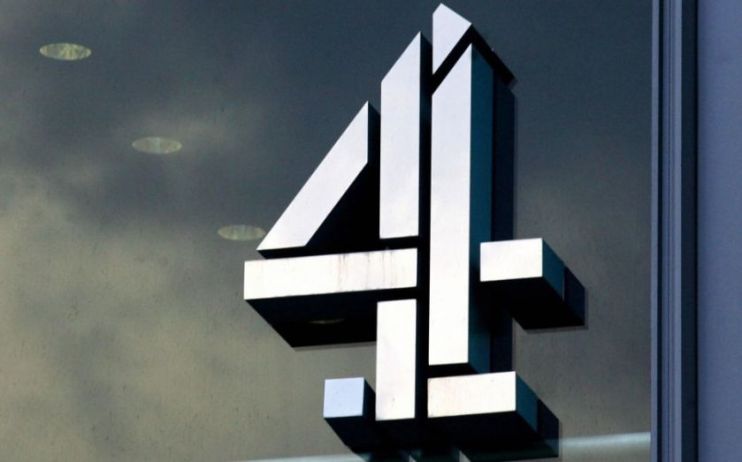Channel 4 bosses decline pay rise as staff battle cost of living crisis and revenues dip

Channel 4 boss Alex Mahon said the broadcaster’s top executives declined a pay rise and deferred their bonuses to stay “in line” with staff who are battling the cost-of-living crisis amid a “tough downturn” in the advertising market for the channel.
The broadcaster’s annual report published on Wednesday said it had to “significantly” tighten the reins for the second half of 2022 following a decline in the TV advertising market, which it relies on to generate money to commission shows.
Chief operating officer Jonathan Allan said the downturn was a result of “fairly extreme economic conditions largely down to the outbreak of war in Ukraine”, adding: “As many other businesses are having to do this year, we have unfortunately had to pull a few levers.”
At a press briefing on Wednesday, Channel 4 chief executive Ms Mahon confirmed the top executives at the channel had also “declined to take a pay rise this year” and had “deferred indefinitely taking a retention bonus”.
She later said: “I don’t doubt that it’s difficult for people, especially now with cost of living and inflation pressures, which is why we’ve tried to err on the side of making decisions for the lowest paid staff in the organisation in terms of pay rises where the bulk of staff goes there, because I don’t think it’s easy to live in the UK this year if you’re at the lower paid end.”
The report said following the year end executive staff declined a 50% payment, instead opting for a deferred payment of 25%.
Ms Mahon said: “We declined the 50% that was awarded because we felt we should be more in line with rest of staff, and when that payment was due to be made we were in trickier advertising waters…so deferred taking it and we haven’t set a date for whether we do or don’t take it.”
The broadcaster’s annual report showed revenue was down 2% in 2022 but a “record amount” was spent on content at £713 million, with Married At First Sight Australia one of the biggest hits of the year on any platform, chief content officer Ian Katz said.
Ms Mahon also addressed the reshuffling of the channel’s schedule following the downturn in the ad market, confirming the channel did have to “cancel a handful of shows” with previous reports that Rescue: Extreme Medics and SAS: Who Dares Wins were among the programmes that were not recommissioned.
She said: “We spotted that there were clouds on the horizon with the ad market, we took quite decisive action. We did cancel a handful of shows, which is obviously difficult for the companies involved.”
“Of all the shows we do in a year, about half of them return,” she added.
The briefing heard the ad downturn, which the channel forecasts will be down around 6% at the end of the year, was because inflation was “more persistent than forecasted” compounding the cost-of-living crisis for the UK viewer.
In June, Mr Katz wrote a letter to suppliers confirming the broadcaster would be commissioning “relatively little over the summer months” outside of digital and current affairs.
On Wednesday, he said: “In September, we will brief fully on what we’re looking for as we go into 2024 and beyond.”
Channel 4 is expecting 2024 to be “more stable” with advertising demand buoyed by a US presidential election, Paralympic and Olympic Games in Paris, the football European Championships and a forthcoming UK general election.
The report said: “Channel 4 remains on the hunt for brilliant creative ideas and new content opportunities.”
Chairman Sir Ian Cheshire also called on the Government to pass the “imperative” draft media bill with “great haste”.
He said: “Prominence simply can’t come quickly enough, if we value Britain’s unmatched public service media, there is no time to lose.”
Meanwhile, Ms Mahon warned that if the law isn’t passed the long-term sustainability of all public service broadcasting in the UK is “unavoidably endangered”.
She said: “We do believe the media law is urgently needed, we need that to become law in order to make sure that Britain’s public service media is findable, particularly for young people, and it is prominent in their lives.
“Ultimately it is the media who mirrors who we are as a population and determines our national sense of cohesion and unity.”
Press Association – by Ellie Iorizzo
